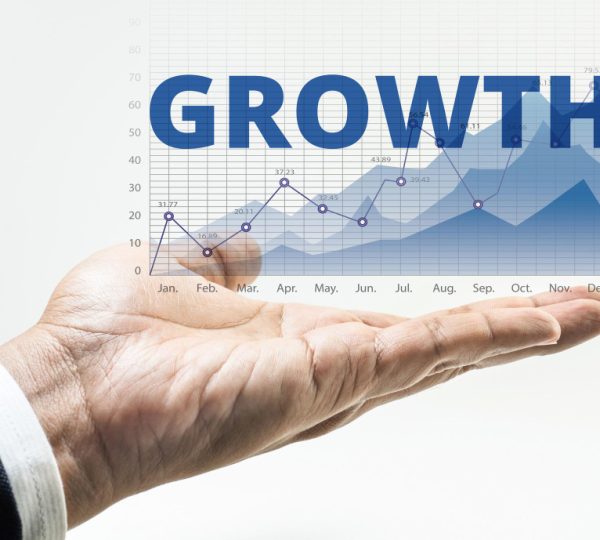Expense vs. Expenditure Difference
Spending money while operating a business is extremely common and natural. The expense is typically incurred to boost the company’s productivity and increase returns. To a non-specialist, the expense and expenditure of the word may seem synonymous. However, expenses vs. expenditures will have different connotations when creating and compiling financial accounts. A type of cost is incurred by the entity, business, or organization to produce revenues within a predetermined time frame. These costs are detailed in the revenue statement that is made annually.

Businesses or other organizations will note the cost of the products and services sold at a particular time to be expensed. Salary, advertising, utilities, interest, and rent are some additional costs that businesses or organizations will document. The cost incurred by a business, company, or other entity after it buys an asset or reduces its liabilities, among other things, is referred to as an expenditure. The term “expenditure” refers to all costs incurred by organizations or businesses while making purchases of goods and services or when paying ongoing expenses. An expenditure, rather than an expense, can be the sum paid to cover liability.
What Kinds of Expenditures Are There?
Capital Investment
Capital expenses are costs planned for generating returns over a long period.
The items that can be purchased with capital expenditures include tangible things like machinery, equipment, and other assets, as well as intangible items.
Expenditure on Revenue
Revenue Expenditures are costs associated with selling products or services that are anticipated to be recouped within a year.
Advertising expenses, food for catered events, etc., are a few examples of revenue expenditures.
What Kinds of Expenses Are There?
Fixed expenses
Fixed expenses are costs that don’t alter in response to shifts in production, sales, etc. Rent, energy (electricity or water) bills and taxes are examples of fixed expenses that don’t fluctuate.
Variable Expenses
Variable expenses are those that alter when production levels change or as revenue increases or declines.
Although they may fluctuate occasionally, variable costs are still in the management team’s hands.
Why Is It Important to Track Expenses?
Because they aid managers in making decisions regarding their business’s financial accounts and operations, expenditures are crucial to an organization.
By looking at its expenditure data, you can determine whether your company is producing enough money to pay its costs.
Expenses and Expenditures: Key Differences
Financial Reporting Expenses and Expenditures: A profit and loss statement, commonly called an income statement, examines revenue and costs for a given accounting period, typically three months. You may see more clearly from these financial reports how your business is doing and whether changes are required to reach important financial goals. Expenses are disclosed in the income statement. A few aspects will be included in every revenue statement.
Cost of goods sold (COGS): This is the total cost, including materials, labour, freight costs, etc., to manufacture the goods that your business sells.
Operating Expenses: This is where You record all of the costs related to managing your business on a daily basis . It also covers costs related to operating and maintaining physical assets. Payroll and other fixed operating expenses are examples. Additionally, there are variable operating costs, such as the price of marketing or sales commissions.
Capital expenditures are not included on the company’s income statement, but some may be depreciated or absorbed over time and shown as expenses there. Depreciation is the process of subtracting the value over several years during the lifespan of the purchase, providing you greater control over your spending than writing off a significant expense in one year. Straight-line depreciation divides the total cost of the asset by its useful life to expense a percentage of the value of the asset on the income statement.
Costing $40,000, the new vehicle Bill’s Printing purchased. Bill anticipates using the truck for four years, so he will deduct $10,000 annually from his balance sheet and expense it on his income statement. Only physical assets are subject to depreciation, whereas permits and trademarks are examples of intangible assets subject to amortization. You compute the depreciation charge based on several variables, including what the IRS allows for the type of spending.
Non-operating Expenses: These are costs related to a non-core company activity that you must incur but do not directly contribute to revenue generation, such as taxes and loan interest.
You can properly track your expenses and outlays using business accounting software, which can also produce your income statement and balance sheet. Every user has access to the software, and advanced users may make use of offered training sessions to increase their productivity.
The terminology used in the accounting division to reference costs paid by the business, firm, or organization is expenses vs. expenditures. Expenses are the costs that companies or organizations undertake to generate income. Spending refers to the costs associated with acquiring assets for a business, organization, or enterprise or covering a sizable percentage of their liabilities.
Utilities, travel, wages, and depreciation expenditures are a few costs. Other distinctions between expenses and fees include those already mentioned and effects on the financial accounts, frequency of occurrence, purpose, tenure, and anticipation. Both costs and expenditures have advantages and disadvantages.
The conclusion is:
Not every expense is an expense.
Rent, utilities, and salary are a few examples of expenses.
Revenue is produced by expenses, which maintain every aspect of your organization.
Capital investments are made to raise your company’s long-term value. Buildings and equipment are a couple of examples.
It is possible to expense—or write off—the upkeep and depreciation of some capital expenses. An expenditure of revenue is what this is.
Income statements include expenses. Additionally, balance statements reflect capital expenditures.



